Less than 12 months after being appointed to a six-year term on the Washington Fish and Wildlife Commission, Fred Koontz has resigned because he says the commission is “currently stuck in a politicized quagmire.”
Gov. Jay Inslee appointed Koontz to a seat on the commission on Jan. 5, 2021; his term was set to expire on Dec. 31, 2026. The commission is a panel appointed by the governor that sets policy for the Washington Department of Fish and Wildlife.
Koontz declined to speak with reporters and instead released his letter of resignation addressed to Gov. Inslee to the public.
“I accepted your appointment with the understanding that I would participate in the Commission’s supervising authority and policymaking to oversee the Fish & Wildlife Department’s actions,” Koontz wrote in his letter. “Unfortunately, I found that I had no meaningful role in protecting the public’s wildlife trust. The Commission is currently stuck in a politicized quagmire. We have largely lost the ability to have civil public conversations.”
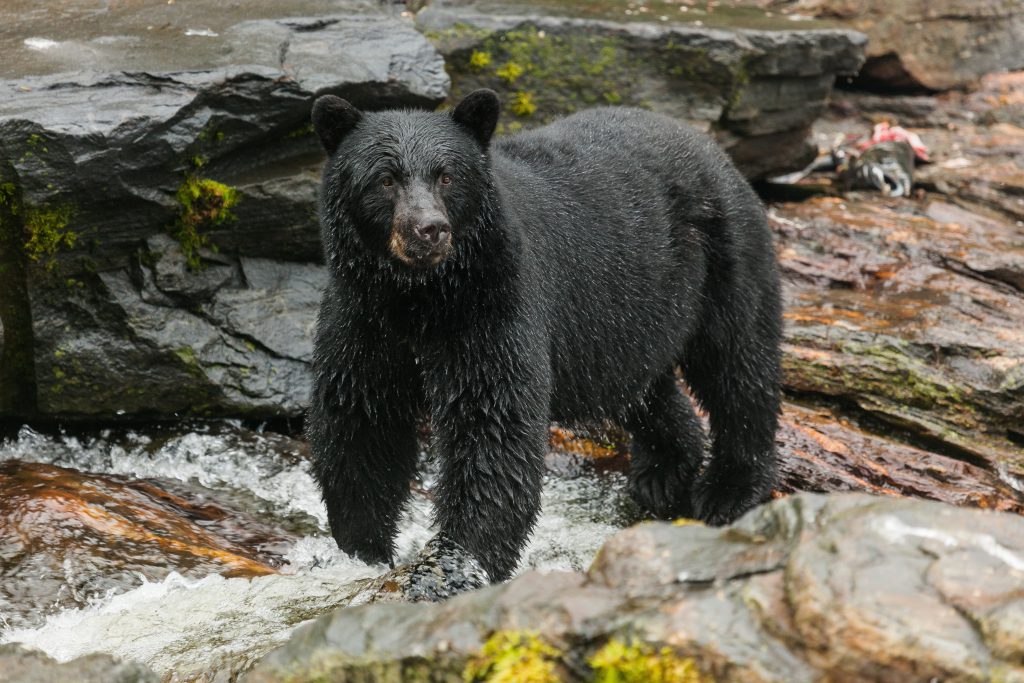
While some praised Koontz’s leadership as a champion for Washington wildlife, the positions he took on issues concerning the state’s bear and elk populations during his short tenure as commissioner put him at direct odds with the hunting public in the Evergreen State.
Koontz was one of four commissioners who voted down a spring bear hunting season in Washington next year, even though state wildlife biologists recommended reapproving the hunt. He even called some of the science behind their recommendation into question. By default, the resulting 4-4 tied vote suspended the 2022 bear season.
The commission vote and Koontz’s questioning of the science were met with heavy criticism not just from his fellow commissioners but other wildlife organizations as well.
“The commissioners who voted ‘no’ ignored the valuable science presented by [Wyoming Department of Fish and Wildlife] biologists showing that we have an abundant population of bears,” said Marie Neumiller, Director of the Spokane-based Inland Northwest Wildlife Council.
“By not properly managing the predators in our state, we are putting deer, elk, moose, and small game animals at risk,” Neumiller added. “Elk in the Blue Mountains are suffering and could have benefited from reduced predator pressure in the spring when vulnerable calves are at the highest risk from bear predation.”
“By not properly managing the predators in our state we are putting deer, elk, moose, and small game animals at risk.”
—Marie Neumiller, director of the Spokane-based Inland Northwest Wildlife Council
Related: The Bear: Hunting Ursa Major in the Idaho Wilderness
The declining Blue Mountains elk population that Neumiller referenced proved to be yet another hot-button issue in Washington that put Koontz at odds with biologists, hunters, and his fellow commissioners.
Koontz suggested that the Blue Mountains elk herd management population objective of 5,500 animals was too high. He argued that the number was driven by an arbitrary holistic approach instead of a comprehensive examination of the elk population.
“This may well be a case where the socially accepted number is higher than the biological number,” Koontz said during a commission meeting earlier this month, “and this is especially possible when we start emphasizing more ecosystem management rather than setting a specific species number.”
Koontz, who holds a Ph.D. in zoology, retired in 2017 after a 35-year career in wildlife conservation. He’s worked for or served on the boards of Wildlife Conservation Society, Wildlife Trust (now EcoHealth Alliance), WDFW’s Wildlife Diversity Advisory Council, and Snoqualmie Wildlife Area Advisory Committee among others.
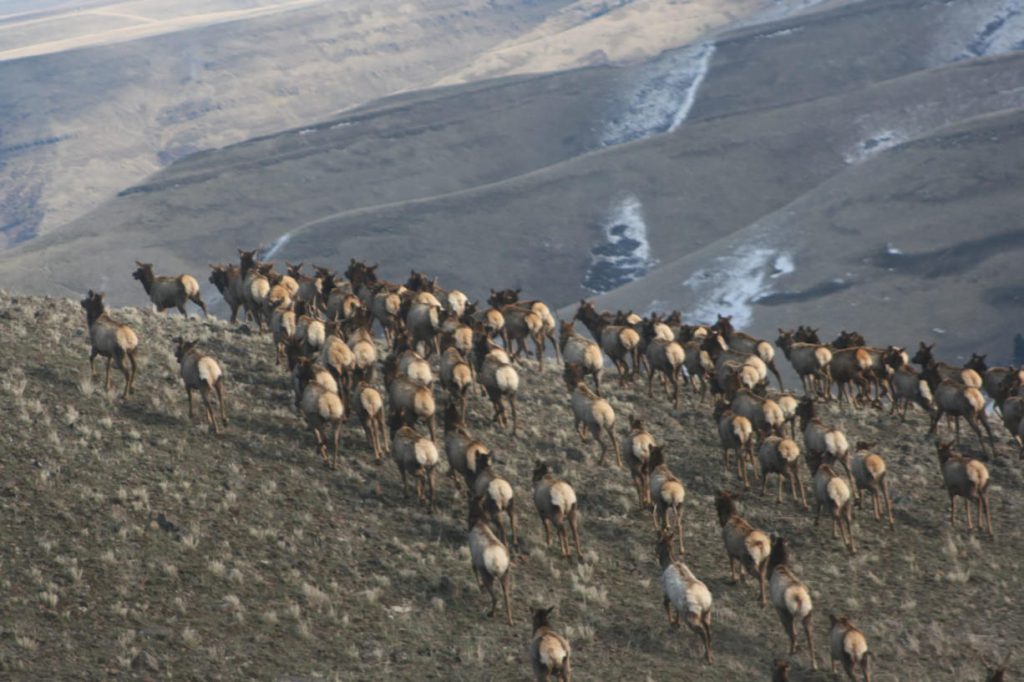
He has also worked on wildlife projects in the US, Latin America, Africa, and Asia, including the recovery of endangered western pond turtles in Washington state, reintroducing howler monkeys into the Cockscomb Basin in Belize, satellite tracking forest elephants in Cameroon, and launching a tiger conservation project in Malaysia.
Despite the apparent polarity of the commissioners’ perspectives, the commission chairman, Larry Carpenter, expressed his gratitude for Koontz’s service.
“We appreciate Fred’s engagement and curious mind on the Commission,” Carpenter said in a statement. “He encouraged us to be bold in our mission, and we enjoyed his passion for biodiversity conservation.”
Under current state law, the commission must include three members from west of the Cascade Mountains, three members from east of the Cascade Mountains, and three “at-large” members who may reside anywhere in the state. No two commission members may reside in the same county. Koontz, who lives in King County, leaves an at-large seat vacant with his resignation.
When a commissioner resigns before their six-year term is up, the governor must appoint a replacement within 60 days to complete the remainder of the vacant term; in this case, that’s about five years.
Read Next: A Loss for Bear Hunters in Washington State

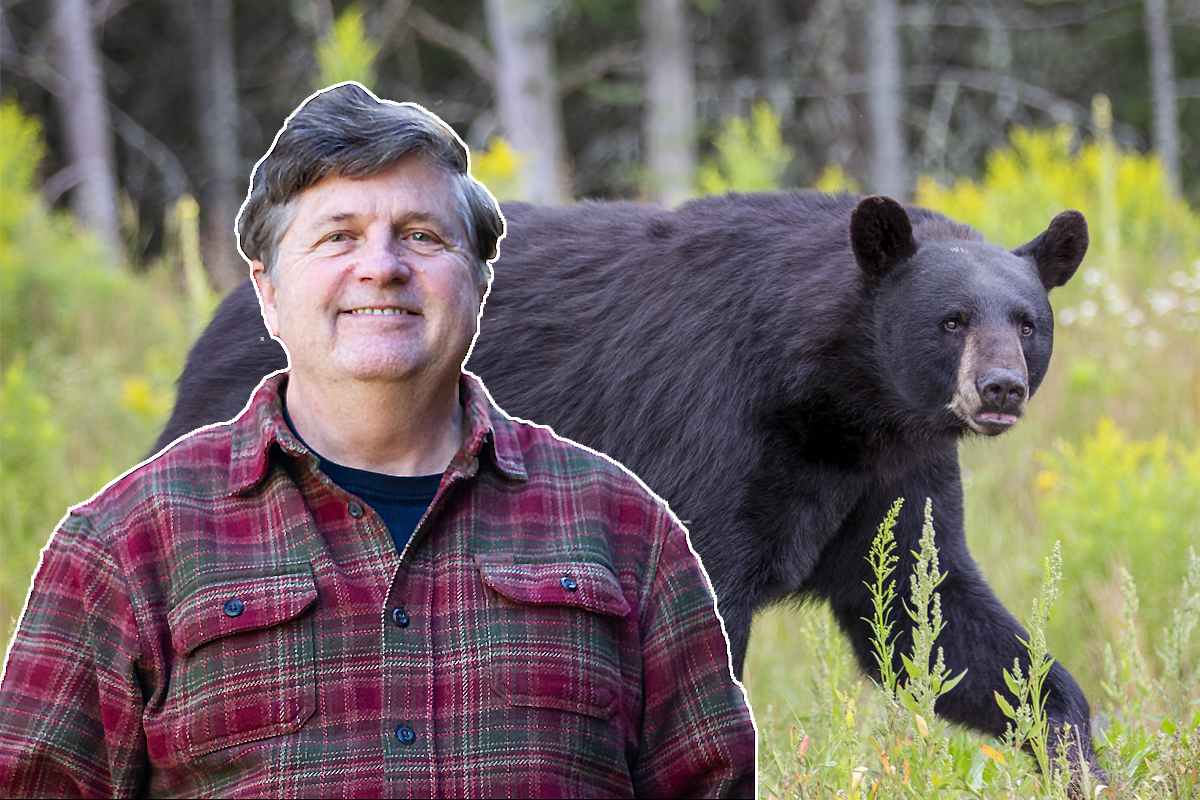
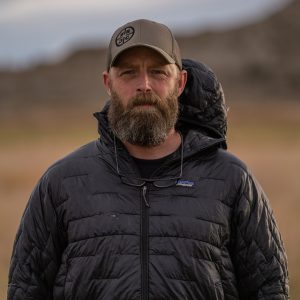
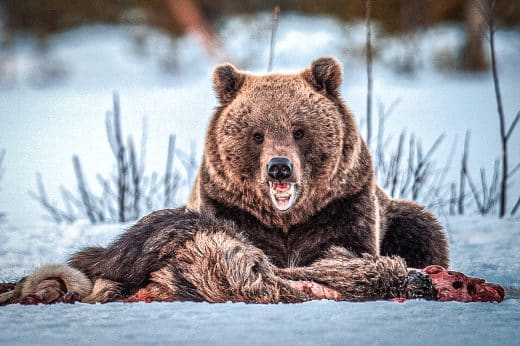
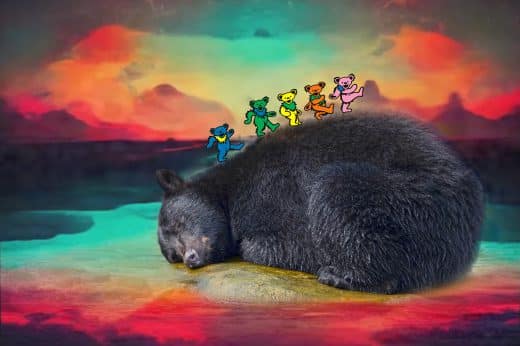
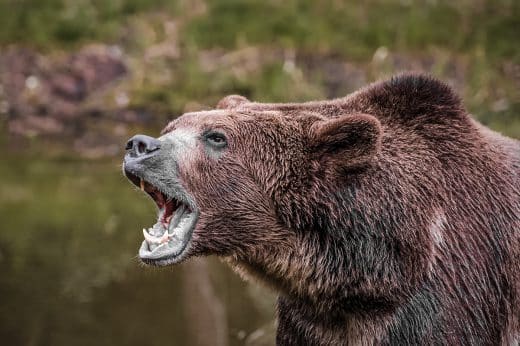


Comments